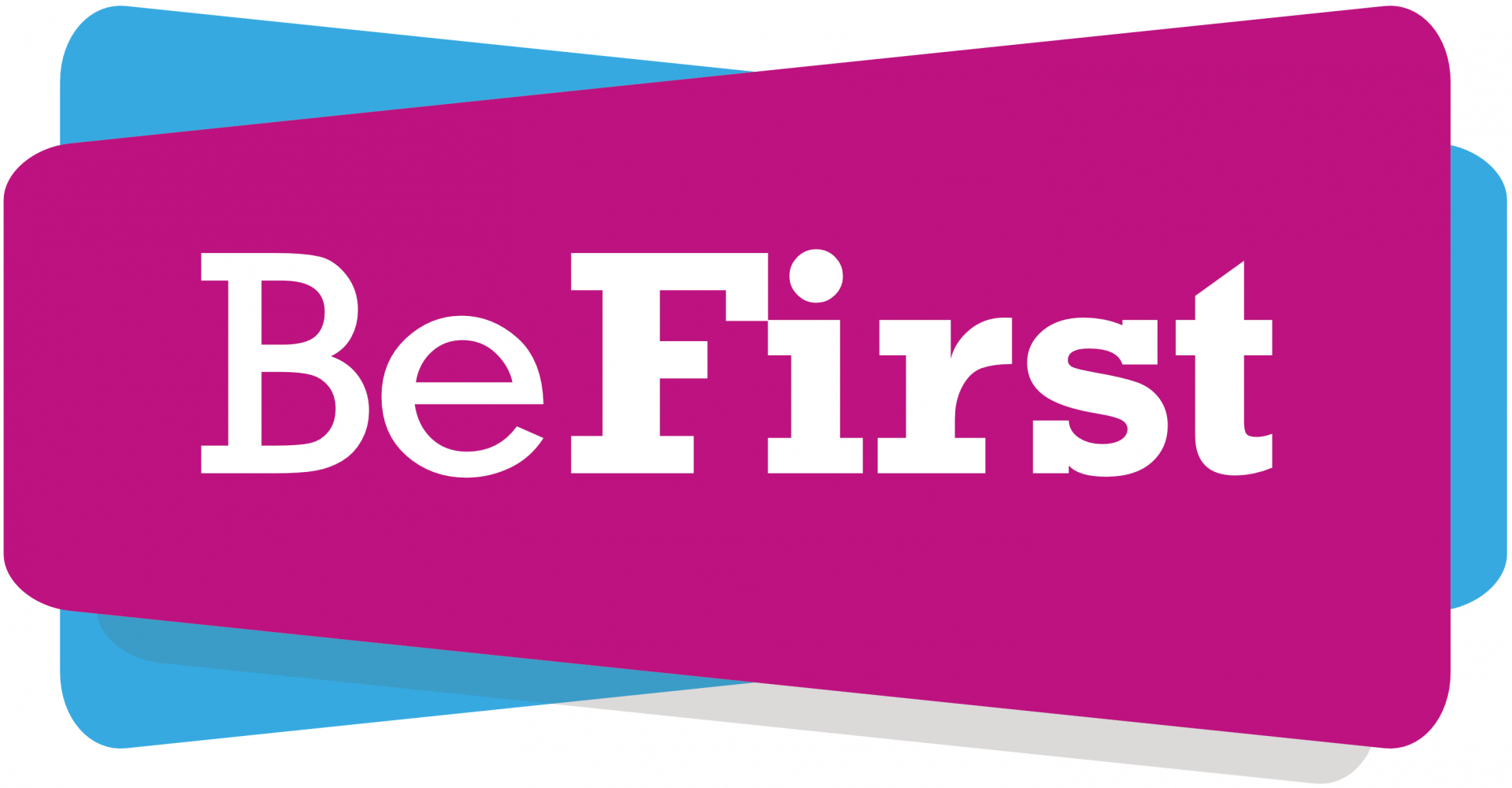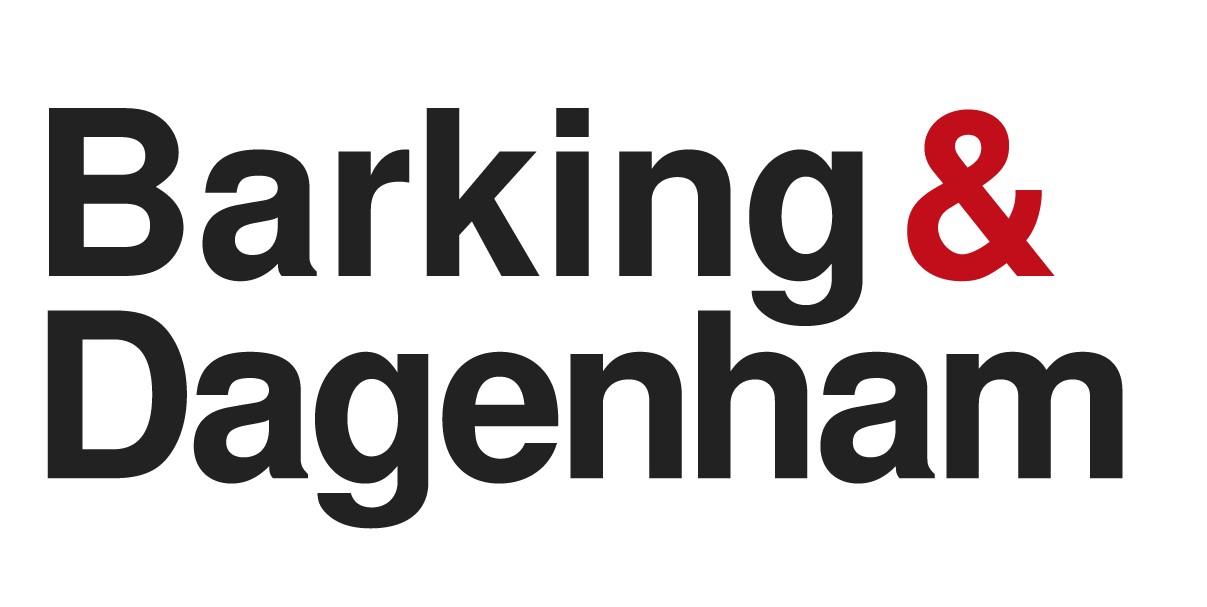Nearly 5,000 pupils participated, recording a total number of over 9,400 active travel trips
Cycle to School Week (25th to 29th September) and International Walk to School Month (October) returned to Barking and Dagenham schools this year and the fruits of the borough’s labour have been clear to see. Barking & Dagenham has been accelerating its active travel programme this year with initiatives including encouraging school pupils to take part in walk to school challenges and providing borough residents with community cycle hubs to repair their bicycles.
Pupils once again walked or cycled to school during the free events, which encouraged healthy, active, and environmentally friendly journeys to school. The number of participating schools in the borough increased this year, with 15 taking part in 2023 compared to nine schools in 2022.
In total, nearly 5,000 pupils (4,950) participated across Cycle to School Week and International Walk to School Month, resulting in over 9,400 active travel school commutes.
Be First, the urban regeneration arm of Barking and Dagenham Council, provided schools with branded stickers to share with participating pupils. Additionally, to encourage schools to share data so performance could be tracked, Be First provided schools that shared their data with bike lights or recycled (and biodegradable) bottles to be given to pupils.
Councillor Cameron Geddes, Cabinet Member for Regeneration and Economic Development said:
“We’ve been putting in great effort to improve and encourage active and healthy travel options across the borough, including launching the Becontree Heath Cycling Hub, continuing to offer WOW – the Walk to School Challenge which encourages pupils and parents to take part in healthier school commutes by walking, wheeling, cycling, and scooting rather than driving, and launching a consultation to improve the borough’s cycling infrastructure.
“We’re committed to delivering a cleaner, greener, healthier Barking and Dagenham for everyone, and ensuring children across the borough are encouraged to pursue active travel is one of the key channels to delivering this now and in the future.”
Lucy Foreman, Transport Planning Manager at Be First, said:
“Our community active travel activities and projects have been hugely successful so far and this is reflected in the increasing number of schools participating in the Cycle and Walk to School Weeks, as well as the amount of active travel trips recorded across these weeks.
“This is all part of our dedication to deliver better health and wellbeing outcomes for the community and improve local air quality as more people choose to swap their car journeys for active travel.”
Marta Cabero, Deputy Head Teacher at John Perry Primary School, said:
“We celebrated Walk to School Week in several ways: we linked it to our Word of the Week (Positivity) and dedicated our assemblies for pupils aged 4 to 11 to discuss how walking contributes to a more positive outlook on life, as well as helping with our general fitness and physical health.
“Children in KS1 and KS2 had special lessons to learn how people in the UK travelled to school in the past and how this has changed over the years and learnt how children in other countries travel to school. In our Additional Resourced Provision, staff prepared social stories for children with autism spectrum disorder to make them understand the benefits of physical exercise, especially walking. Seeing the way our pupils embraced Walk to School Week and proudly wore stickers promoting it showed us it was a great success.”
Alison Litherland, Head of Behaviour Change and Engagement at Sustrans London, said:
“It’s been fantastic working with Barking and Dagenham and Be First, encouraging so many children and families to walk, scoot and cycle to school. I hope that the work we’ve done through our Healthy Streets Officer will mean that these young people will continue to travel actively to school and elsewhere well into the future without feeling the need for a car.”



